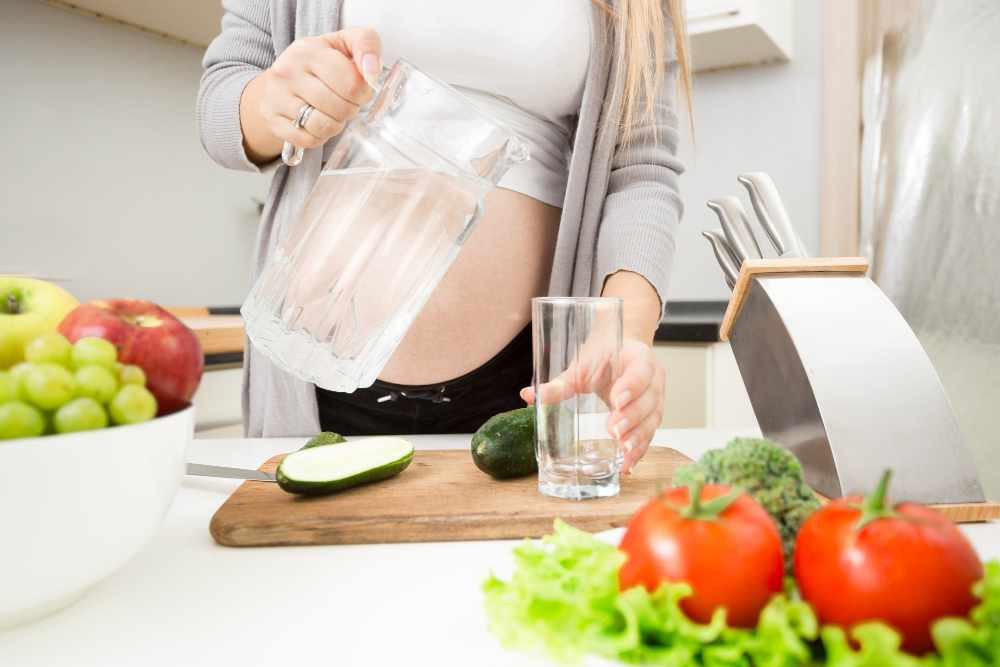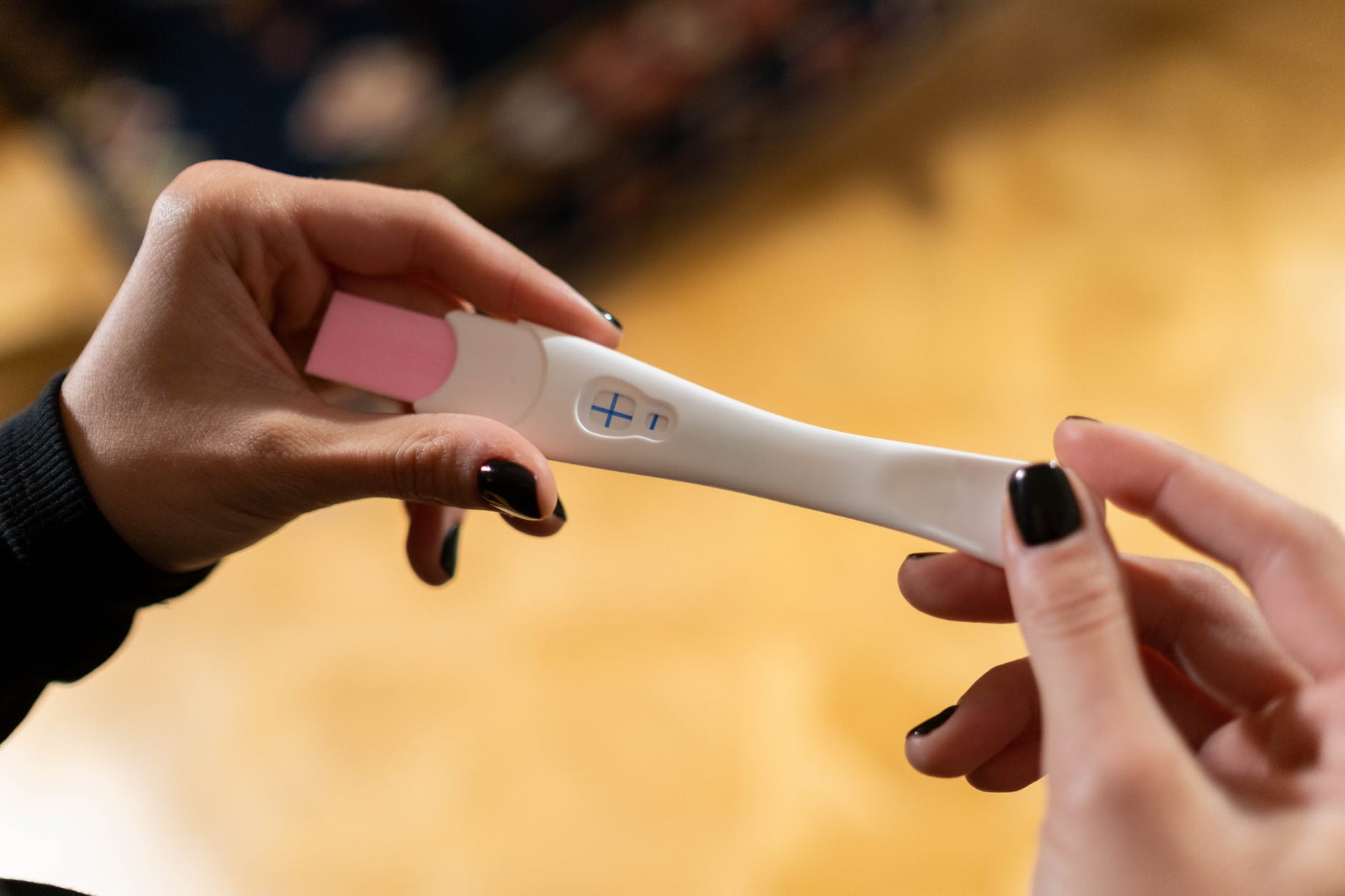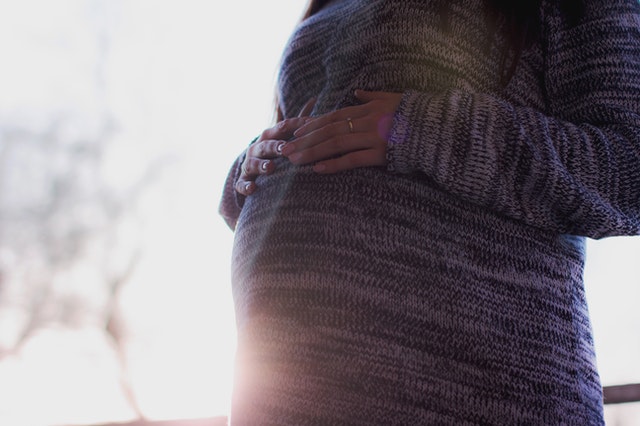Nutritional requirements and lifestyle disorders that can affect your chances to conceive
Most women do not follow a well-balanced healthy diet prior to pregnancy and this hinders the process of conception
Good nutrition in women and men plays an important role while conceiving. Prenatal nutrition is an important phase while preparing for pregnancy. Good nutrition and BMI play a significant role in the process of conception. Women need to focus on healthy weight and nutrients such as iron, folic acid, and a balanced intake of other macro and micronutrients to create a safe nine-month antenatal phase.
Men also need to focus on their weight as excess weight will lead to hormonal imbalance which will have an effect on the quality of the sperm. Hence, it’s advisable for them to include a good amount of fruits and vegetables, antioxidants, vitamins, and mineral-rich food in their daily diet.
Most women do not follow a well-balanced healthy diet prior to pregnancy and this hinders conception. Balance can be achieved by following the healthy plate guideline:
Fruits:
A variety of fruits is recommended to be consumed, at least 2 servings per day. They are not only a good source of vitamins and minerals, but also fiber.
Grains:
While there are different types of grains, choose fortified grains with folic acid for an additional benefit during pregnancy. Fill 1/4th of the plate with grains and cereals.
Dairy:
Milk and milk products come under dairy, they are a good source of calcium and plant-based protein for vegetarians. Low fat or fat-free organic milk and milk products are ideal if obesity is an issue.
Vegetables:
Vegetables are divided into different groups such as green leafy, orange-colored, starchy vegetables, and other vegetables. Add 2-3 varieties of them in each meal.
Protein:
Nuts, seeds, and non-vegetarian sources like meat, fish, poultry, and high biological value protein (egg) come under this. Choose lean meat like fish, poultry, nuts, and seeds. Fill 1/4th of your meal plate with lean protein.
In addition to a healthy plate, the following micro-nutrients can boost fertility:
Men |
Women |
| B-carotene-carrots, pumpkin, squash | Folic acid, GLV, cauliflower, orange, lentils, broccoli |
| Zinc-sesame seeds, quinoa, pumpkin,asparagus, lentils | Omega-3, walnut, chia seeds, flax seeds, carrots, salmon |
| Selenium-salmon, spinach, sunflower seeds | B-carotene, carrots, pumpkin, squash, GLV |
| Vitamin E-Almonds, Broccoli, Avocado | Zinc, eggs, nuts, meat, legumes |
| Vitamin C-citrus fruits, bell peppers, tomato | Vitamin B6, banana, spinach, garlic, cabbage, cauliflower, broccoli, bell pepper |
| L-arginine- Pumpkin, Peanut, chickpea, lentils | L-Carnitin, chicken, avocado, asparagus. |
Along with that emphasize the intake of:
* Folic acid: It is known to assist in the development of a baby’s neural tube which forms into the spine and brain. A lack of vitamins is linked to spina bifida, a condition where the baby’s spine fails to form properly.
* Sources: Dark green leafy vegetables, cauliflower, orange, and lentils.
* Iron: The need for iron will increase 50 to 60 percent during pre-pregnancy. Iron helps our body to make new blood to carry the oxygen and nutrients to the baby during pregnancy. Lack of iron leads to anemia, weakness, shortness of breath, preterm delivery, low birth weight.
* Poultry, lamb, kidney beans, almonds, pistachios, walnuts, prunes, raisins, beetroot.
* Calcium: Preparing for pregnancy includes building healthy bones. If a woman’s diet lacks calcium during the pre-pregnancy and pregnancy phase, the growing fetus draws the calcium from the mother’s bones, which can put her at a risk for osteoporosis in later stages of life.
* Milk and milk products, seafood, dried peas, and beans, it is also found in green vegetables like broccoli, spinach, and greens.
* Vitamin D: It has been linked to a variety of health benefits for women trying to conceive. It plays a significant role in fertility acting both on the ovary and endometrium. At the ovarian level, vitamin D has been shown to enhance ovulation.
* Egg yolk, milk, salmon, fortified cereals, and orange juice.
Lifestyle and its impact on fertility
There are also lifestyle practices and disorders that can increase the risk of infertility.
The common health problems are PCOS, endometriosis, uterine fibroids, sexually transmitted diseases. Stress, smoking, alcohol, irregular sleeping patterns along with poor diet are known to affect fertility in both men and women.
These can affect the hormones, resulting in insulin resistance, thyroid issue, overweight, high blood pressure.
![]()








